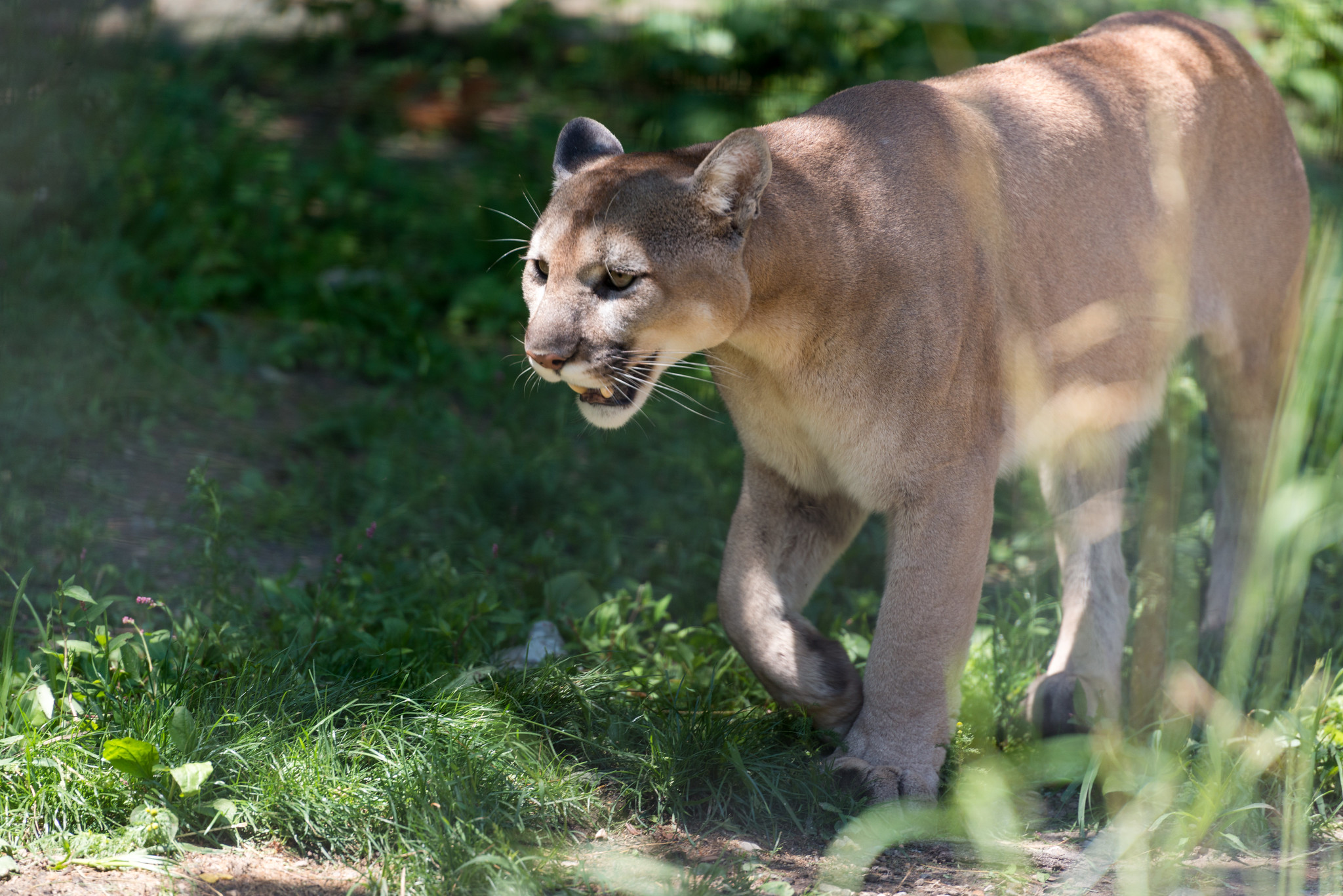Mountain lions are seldom seen in Texas, but make no mistake, they’re out there.
These big, quiet cats were once found throughout Texas, though they mostly live points west of the Pecos River now.
For the state’s whole history, ranchers here have waged war against mountain lions. And the state has given them the tools to do it: There are few regulations about trapping and hunting mountain lions in Texas.
But that might change soon, as the Texas Parks and Wildlife Department is taking public comment on new regulations for trapping and hunting.
Patricia Moody Harveson, a longtime mountain lion researcher, spoke to the Texas Standard about the impact of the potential new rules.
This transcript has been edited lightly for clarity:
Texas Standard: The Texas Parks and Wildlife Department recently proposed new rules for trapping and hunting mountain lions. What are the big changes?
Patricia Moody Harveson: The two changes that are that are being proposed are to, one, ban canned hunting of mountain lions. And then the second: to set the 36-hour trap check standard.
What’s the current standard for the trap check?
Right now for mountain lions there are no regulations, so mountain lions can be trapped without having to have those traps actually checked.
And the concern is that mountain lions that are trapped, if you don’t check your traps regularly, then they can be left in those traps for long periods of time where they die from exposure and dehydration.
And as far as the canned hunting, how widespread is that?
I think it’s probably pretty rare. It’s a practice condemned by most people, including hunters. So there are not going to be a lot of people who do this, but it’s a loophole that needs to be closed. There are laws on the books that prevent the canned hunting of other species, but not for mountain lions; they were left out of that regulation.
Well, maybe for people don’t understand, explain what canned hunting is.
Canned hunting is the capture of a mountain lion, and then the release of that lion for the purpose of hunting it.
» GET MORE NEWS FROM AROUND THE STATE: Sign up for Texas Standard’s weekly newsletters
So is the state’s mountain lion population in a stable place, or do we have that kind of information?
We really don’t know. We do know that the population has been reduced from what it had been historically. Historically mountain lions ranged throughout Texas. Now they’re limited to West Texas, South Texas and then parts of areas around Val Verde County.
Are these kinds of regulations common in other states? Does Texas lag behind, or not really?
So most other states with breeding mountain lion populations, they treat mountain lions as a game animal. So they are regulated. Two states, Florida and California, they’re protected.
But in all other western states [with the exception of Utah], they are a game animal with restrictions to the number that can be harvested and how they can be killed. And in all of those states, trapping is illegal and not allowed.
We do hear about when there are encounters that don’t end well, usually, for the mountain lion. How rare is that for someone in Texas to encounter a mountain lion?
It’s pretty rare. They’re out there on the landscape if you’re in areas where where they occur, but they’re not out there in large numbers.
To put it in perspective, think about Big Bend National Park. It’s about an 800,000-acre ranch. That park has about 500,000 people, say, that come to visit every year. And there have been very few instances where people were attacked by a mountain lion. I believe it’s been eight, and there have been no fatalities. That’s since the 1940s, when that park was established. So it’s not something that occurs often.













